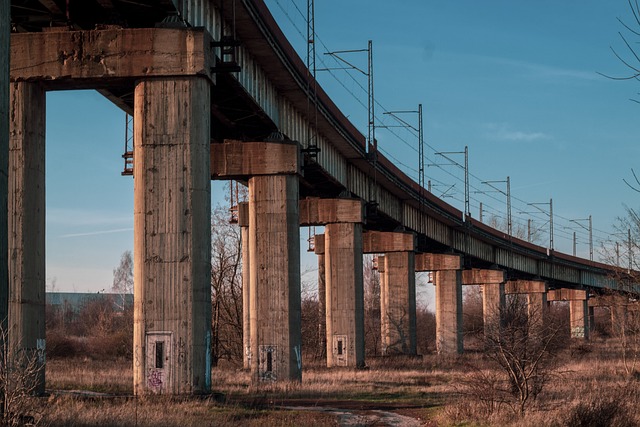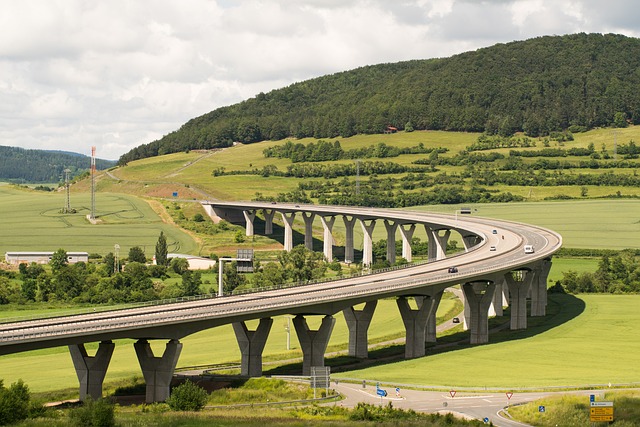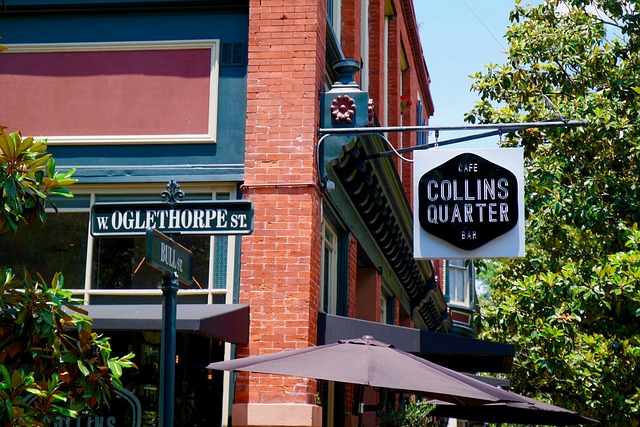Road upgrades in real estate significantly boost property values and market appeal by improving accessibility, safety, and aesthetic appeal. These improvements stimulate economic growth through easier goods and services transport, attracting businesses and creating a vibrant atmosphere. Modern road systems enhance neighborhood desirability, fostering higher investment and competitive edge for developers strategically placing properties nearby. Marketing strategies should emphasize reduced commute times and improved connectivity, making upgraded roads a key selling point in today's dynamic real estate market.
Upgraded roads significantly boost property appeal and values in the real estate market. This article explores how infrastructure development impacts neighborhood dynamics, making areas more desirable to potential buyers and renters. We delve into strategies for developers to capitalize on these enhancements, offering insights into planning, design, and marketing approaches that leverage improved road networks. By understanding these factors, real estate professionals can maximize returns in evolving markets.
The Impact of Infrastructure on Property Values

In the realm of real estate, infrastructure plays a pivotal role in shaping property values and desirability. Upgraded roads, in particular, can significantly elevate the appeal of residential areas, commercial hubs, and everything in between. Modernized road systems not only enhance accessibility but also contribute to safer commuting, faster travel times, and better connectivity, all of which are highly sought after by potential buyers or tenants.
The ripple effect of improved roads extends beyond daily commutes. It fosters economic growth by facilitating the movement of goods and services, attracting businesses, and creating a more vibrant environment. Consequently, areas with upgraded infrastructure tend to experience higher property values, increased investment, and a desirable location for both residents and commercial enterprises alike, further solidifying their place in the competitive real estate market.
How Road Upgrades Enhance Neighborhood Desirability
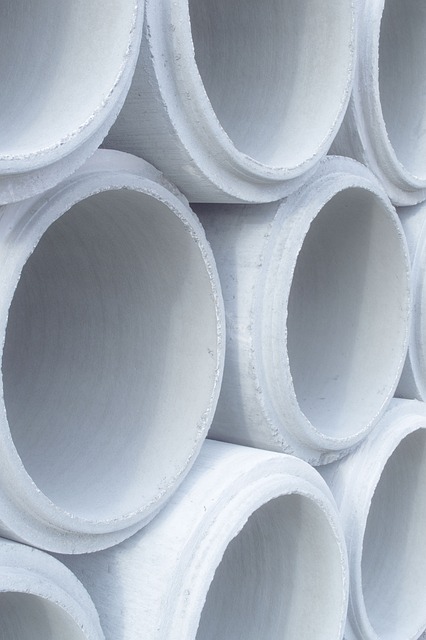
Road upgrades significantly boost the desirability and value of a neighborhood, which directly impacts real estate. When roads are improved, they become safer, more accessible, and aesthetically pleasing. Better infrastructure attracts potential buyers and tenants who seek convenience and quality living environments. Smooth, well-lit, and maintained roads create an inviting atmosphere, encouraging residents to spend time outdoors, stimulating local economies through increased foot traffic, and fostering a sense of community.
Additionally, upgraded roads enhance the overall curb appeal of properties, making them more attractive in a competitive real estate market. Well-paved streets, properly marked intersections, and efficient drainage systems contribute to a neighborhood’s overall cleanliness and organization. These features not only make daily commutes smoother but also increase the quality of life for residents, thereby increasing property values and making the area more desirable for both current and prospective homeowners.
Strategies for Developers to Capitalize on Improved Roads
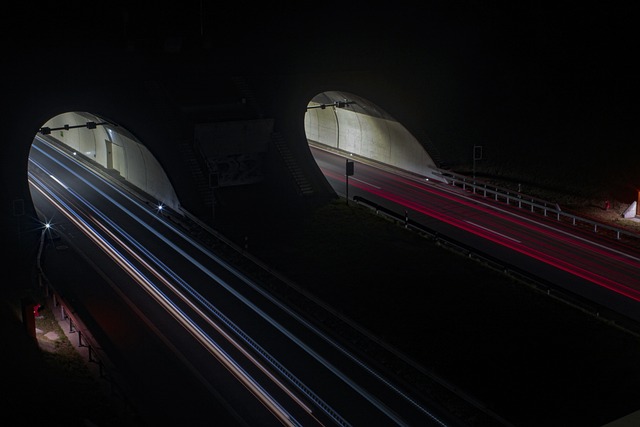
Developers can strategically capitalize on upgraded roads by positioning properties in proximity to these improvements. Easy accessibility and enhanced connectivity attract potential homebuyers, significantly boosting real estate appeal. Constructing residential or commercial projects near newly paved or widened roads can increase their market value.
Additionally, developers could incorporate road infrastructure into marketing strategies, highlighting the convenience and benefits of living or doing business nearby. This includes emphasizing shorter commute times, better access to transportation networks, and improved overall connectivity, all of which are highly sought-after features in today’s fast-paced world.

